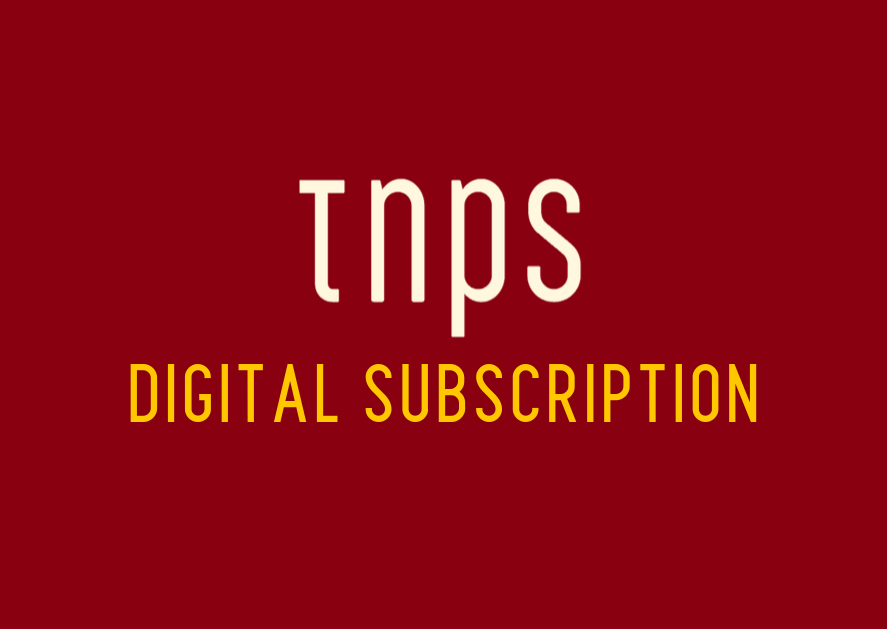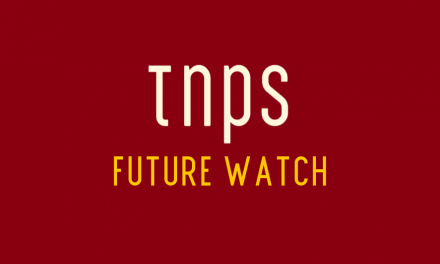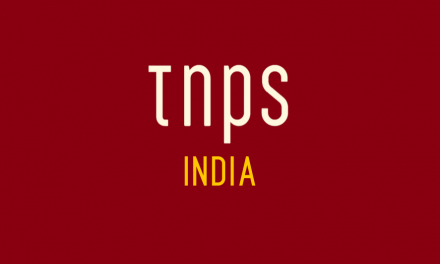The concern for publishers should be that at some point Amazon will simply shift all its markets to the unlimited subscription model, because at the end of the day Amazon makes its money by pleasing the consumer, not the supplier.
When Amazon launched its audiobook arm Audible in Italy back in 2016 it was the first unlimited subscription venture for Audible, pre-empting Storytel’s entry into the Italian market, and for many observers it was regarded as a one-off, never to be repeated.
Then came the Spain launch, again with a full unlimited subscription all-you-can-eat-fixed-price model and, separately, the launch of Audible Plus in the US, offering unlimited consumption of selected content. The UK followed a year later with an Audible Plus option, and then in quick succession Audible Australia, and now Audible India have unlimited subscription options.
In India the Audible Plus option allows unlimited access to 15,000 English and Hindi titles including all Audible Originals.
Shailesh Sawlani, Audible India Country Manager, said,
India is leading the growth and engagement metrics for audiobooks, with paying members averaging engagement of 2.5 hours every day.
Charging just R199 pr month ($2.65) Audible competes with Storytel, Apple, Google and domestic audiobook players, but while it offers the largest catalogue its language range is limited. Most of the 200,000 titles on offer are in English and only one Indian language – Hindi – is catered for (by contrast Storytel offers more than ten local languages).
Like other players in India, Audible understands the low unit revenue per month can be more than made up for by volume, in a country of 755 million internet-users (and still at just 54% internet penetration).
Audible also understands that the best way to consumers’ hearts is the unlimited subscription model – and that the same argument applies for any and every country in the world.
Which is where Audible Plus comes in, and why publishers should be, if not worried (although some will be petrified), at least aware and preparing for the inevitable.
At which point let me end this post by re-running a TNPS op-ed from September when Amazon rolled out Audible Plus in Australia, and which becomes all the more cogent in light of the latest move by Audible in India:
US and UK publishers (and by extension those in Canada, Australia and New Zealand) are famously resistant to the charms of the unlimited subscription model, with any number of semi-plausible objections to skirt around the two elephants in the room.
The unsaid elephants being a) that unlimited subscription will cannibalise print and b) that Amazon will own the subscription market.
Yet even these publishing pachyderms don’t really bear scrutiny.
The Nordics experiment with unlimited subscription offers little evidence of print cannibalisation, while the argument that Amazon will control the subscription markets is only true where publishers choose to let that happen.
The problem for publishers in the English-language Audible markets right now is that said publishers have been doing just that – handing Amazon the audiobook market on a plate, by eschewing alternative platforms offering the unlimited model.
Take BookBeat for example, a resounding success story in every market it enters except…the UK, where publishers would rather eat their own socks than put books into an unlimited subscription platform available to British consumers.
No wonder Storytel has long since removed its placeholder US, UK, Canada and Australia domains from the Storytel international page, instead focusing on the 25 markets where publishers are not so myopic.
For consumers, the unlimited model is obviously a major attraction, if only sufficient content is there. And one lesson Amazon learned long ago with Kindle Unlimited, its unlimited subscription ebook service, is that by the simple expedient of subsidising a few big name authors and throwing in a quantity of quality “original content”, padded out with a decent volume of wider titles regardless of pedigree, then the consumers will come.
After all, if consumers will sign up to Audible for a fixed fee that will get them a single monthly audiobook with a cover price way above said fee, then how many more will be drawn to a fixed fee for an all-you-can-eat buffet service?
For Amazon it’s a no-brainer – the only surprise is that it’s taken this long – although there one might argue that it took this long to build up sufficient original content to make the move viable.
The concern for publishers should be that it’s also a no-brainer that at some point Amazon will simply shift all its markets to the unlimited subscription model, because at the end of the day Amazon makes its money by pleasing the consumer, not the supplier.
As and when that happens the outcry will be loud and wholly predictable, as will the ultimate response.
Last year PRH famously pulled all its content from unlimited subscription platforms with the spurious claim it was protecting its authors’ interests. (How exactly does it benefit the author by making a title unavailable on a market’s most popular platforms?) Of course it helped that most of these platforms were in countries where PRH was not a major player anyway.
But can anyone seriously imagine PRH taking the moral high ground and pulling its titles when (not if, when) Amazon decides Audible US and Audible UK will be across-the-board unlimited subscription?
Last month (September) TNPS joined a US Audio Publishers Association conference taking a look at the global audio markets, currently valued at between $4.8-$6.8 billion.
2030 projections for the global audio market range from $19.8 billion to $37 billion, the latter forecast by TNPS based on an additional 2 billion internet users over this decade and the inexorable shift to unlimited subscription globally, which may scare the pants off PRH, but really should have them champing at the bit to get in on the act.
The sooner publishers start embracing unlimited subscription instead of futile resistance, supporting alternatives to Amazon while there’s still time, the more those publishers will enjoy the end-of-decade bonanza.





